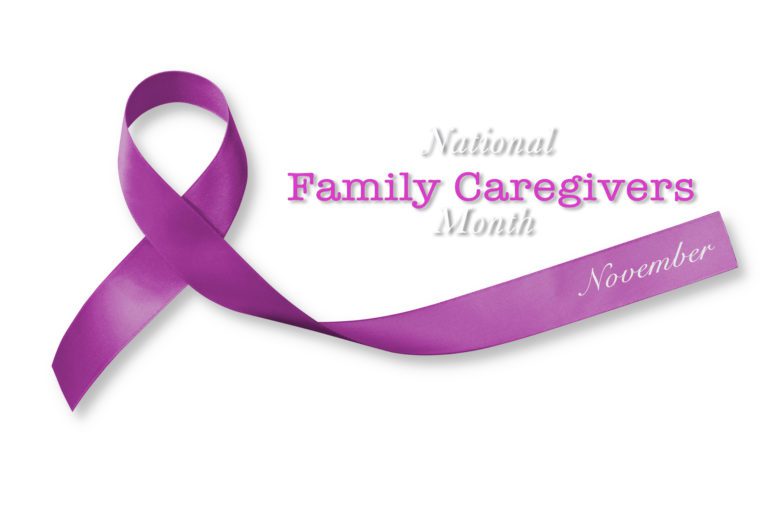When it comes to caring for elderly parents, few situations are as emotionally challenging as watching them refuse help—even when it’s clearly needed. Maybe your dad forgets to turn off the stove, or your mom has fallen multiple times and ended up in the hospital. Despite your efforts to talk, reason, or even plead, they still insist on living independently without support.
At From The Heart Home Care, we understand how heartbreaking and frustrating this can be. In this article, we’ll explore why seniors often refuse home care, what legal options exist, and how families can approach this delicate topic with compassion, patience, and strategic planning.
Why Do Elderly Parents Refuse Help?
Understanding the why behind your parents’ refusal can help guide your approach. Common reasons include:
- Loss of Independence: Many seniors fear that accepting help means losing control over their lives.
- Denial: Some may not recognize their declining health or cognitive issues.
- Stigma: They might associate care—especially in-home or assisted living—with weakness or dependence.
- Past Trauma or Distrust: Negative experiences with healthcare professionals or facilities can create resistance.
- Cost Concerns: Seniors often worry about the financial burden of professional care.
The Emotional Toll on Family Caregivers
Family caregivers often find themselves walking a tightrope between respecting their loved one’s autonomy and ensuring their safety. If your aging parent continues to put themselves in harm’s way, it can leave you feeling helpless, overwhelmed, and anxious.
Questions like “What if mom falls again?” or “How long before dad forgets to take his medication?” become constant sources of stress. It’s important to know that you’re not alone—and that there are compassionate solutions available.
When a Parent Refuses Assisted Living or Home Care: What Are Your Options?
The truth is, as long as your parent is mentally competent, they have the legal right to refuse care—even if that decision puts them at risk. However, there are steps you can take:
1. Start with a Heart-to-Heart Conversation
Approach the subject with empathy and without judgment. Choose a quiet time, be honest about your concerns, and ask them how they see their future. Focus on what they want, not what they should do.
2. Introduce the Idea Gently and Early
Rather than waiting for a crisis, plant the seed early. For example:
“Mom, what would you like us to do if you ever need help getting around the house?”
“Dad, if you had a hard time remembering your medications, what kind of help would feel comfortable?”
3. Emphasise the Benefits of Home Care
In-home care isn’t about taking away independence—it’s about preserving it. Caregivers can assist with:
- Daily activities like bathing, dressing, and meal preparation
- Medication reminders
- Housekeeping and transportation
- Companionship and social interaction
Present home care as a supportive resource, not a replacement for their freedom.
When Legal Intervention Becomes Necessary
Guardianship (or Conservatorship)
In extreme cases where a senior is no longer capable of making safe decisions and is unwilling to accept help, you may need to consider legal guardianship. This court-appointed role allows you to make decisions on your loved one’s behalf.
What Does Guardianship Involve?
- A formal court process, including filing fees and evaluations
- Medical and psychological assessments to determine competency
- Involvement from judges, attorneys, social workers, and neuropsychologists
- A guardian ad litem (court-appointed attorney) to represent the elder’s interests
Limitations of Guardianship
Courts are cautious and prefer the least restrictive alternative. Even with guardianship, the appointed guardian can only act within clearly defined boundaries. The judge will ensure:
- The elder retains as much autonomy as possible
- The guardian’s decisions are reviewed and accountable
📝 Important: Guardianship should be a last resort. It’s complex, costly, and emotionally taxing.
Learn More: Blood Sugar Levels for Older Adults: What Seniors and Caregivers Should Know
Misconceptions About Power of Attorney (POA)
Many people assume that having financial or medical power of attorney gives them the authority to admit a loved one to a nursing home or assisted living against their will. This is not the case.
What POA Actually Does:
- Allows the designated person to make legal, financial, or medical decisions on behalf of the individual
- Only applies if the elder is mentally incapacitated, and even then, limitations are defined in the document
POA does not allow you to override a competent adult’s decisions, even if you disagree with them.
When Home Care is the Better Option
Assisted living isn’t always the answer. For many seniors, home care offers a more comfortable and emotionally secure alternative.
Benefits of In-Home Care:
- Familiar environment
- Personalised care plans
- Greater control over routines
- Reduced feelings of isolation
- Lower risk of hospitalisation from falls or health neglect
At From The Heart Home Care, we provide licensed caregivers and nursing aides who assist with everything from personal hygiene to companionship, allowing your loved one to age safely and happily at home.
Tips for Convincing Elderly Parents to Accept Help
If your parents are still resisting, here are some practical strategies:
1. Start Small
Hire a caregiver for just a few hours a week for tasks like light housekeeping or meal prep. Often, once seniors see the benefits, they become more open to additional care.
2. Involve a Trusted Third Party
Doctors, clergy, or family friends can sometimes make a bigger impact than adult children. Hearing concern from someone they respect can be persuasive.
3. Appeal to Their Priorities
Frame care around what they value:
- “You’ll be able to stay in your home longer with some help.”
- “Having someone around can keep you safe and independent.”
4. Try Trial Visits or Temporary Care
Suggest short-term arrangements like respite care. This gives them a chance to experience care without committing long-term.
When to Seek Professional Advice
If your loved one continues to resist despite declining health or cognitive ability, consult with:
- Geriatric care managers
- Elder law attorneys
- Senior living advisors
These professionals can help you assess risks, discuss legal steps, and explore local resources.
From The Heart Home Care also provides expert consultations to help families navigate this difficult transition.
Learn More: In-Home Care Strategies for Seniors with Heart Disease
Final Thoughts: Balancing Safety and Autonomy
Every family wants what’s best for their aging parents—but it’s not always a clear or easy path. The key is finding a balance between respecting your loved one’s autonomy and ensuring their well-being.
Sometimes, no matter how hard you try, your parents will still refuse care. If you believe it’s the right choice for their safety, continue to educate, involve professionals, and take steps gradually.
Remember: It’s okay to feel frustrated. This is not an easy journey. But with love, patience, and the right support, there’s always a path forward.
Let From The Heart Home Care Help
At From The Heart Home Care, we specialise in compassionate, professional in-home care tailored to your loved one’s unique needs. Whether you need full-time support or just a few hours a week, we’re here to help your family feel safe and supported.
📞 Contact us today to learn more about our personalised care plans and how we can assist your family in navigating the challenges of aging with dignity.







